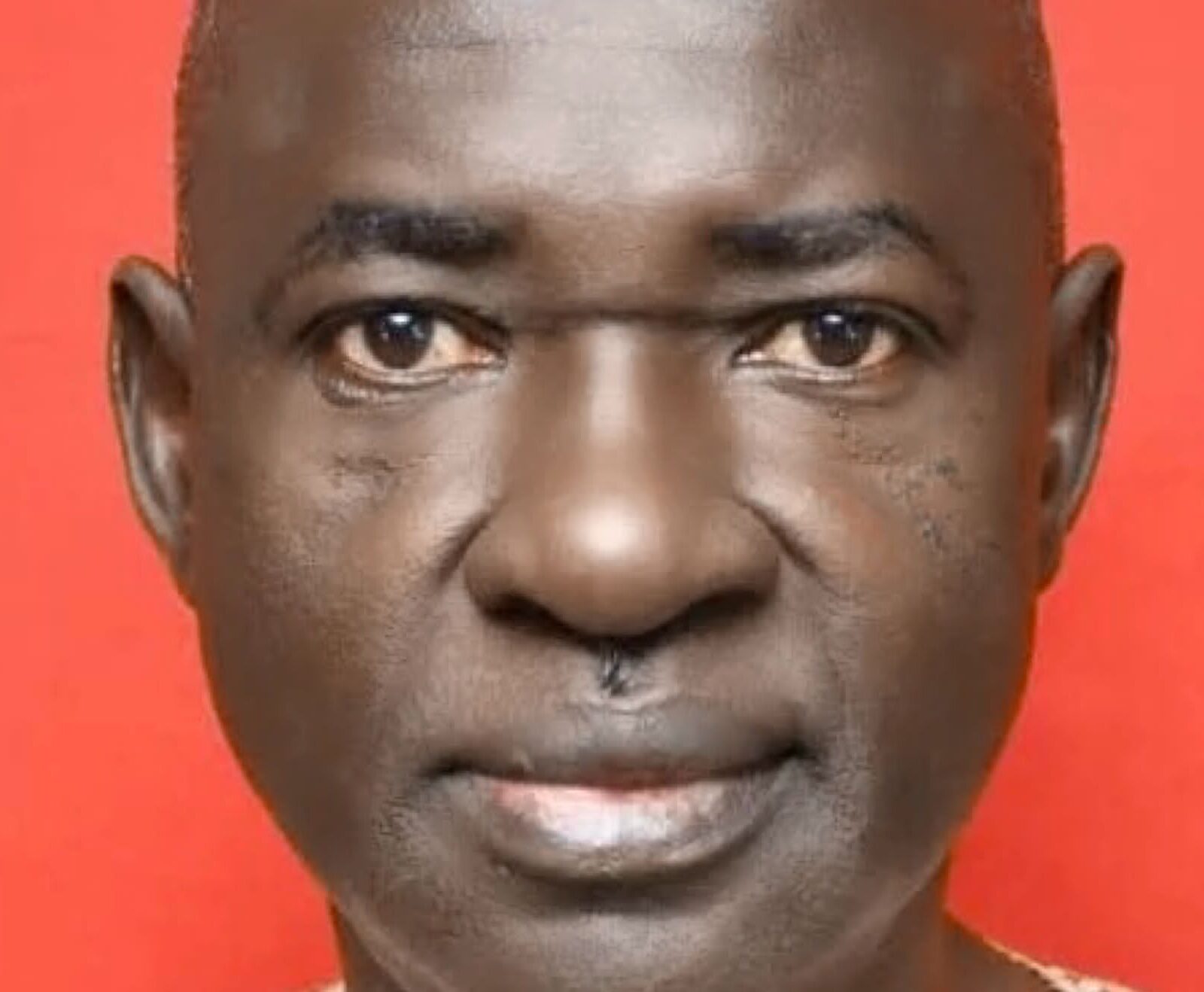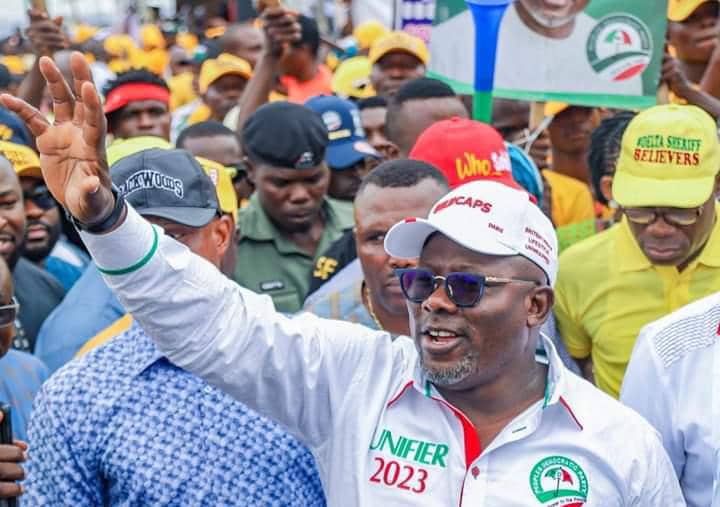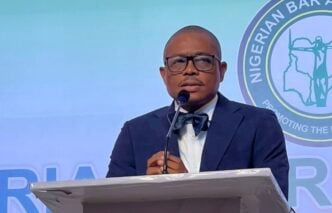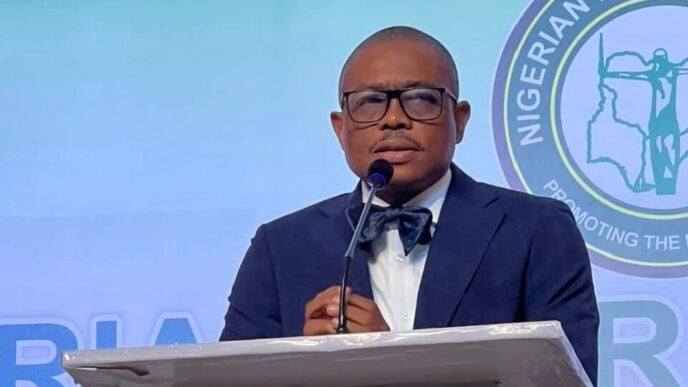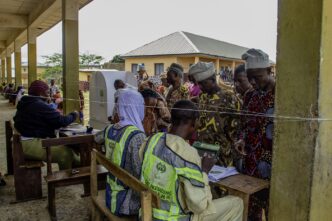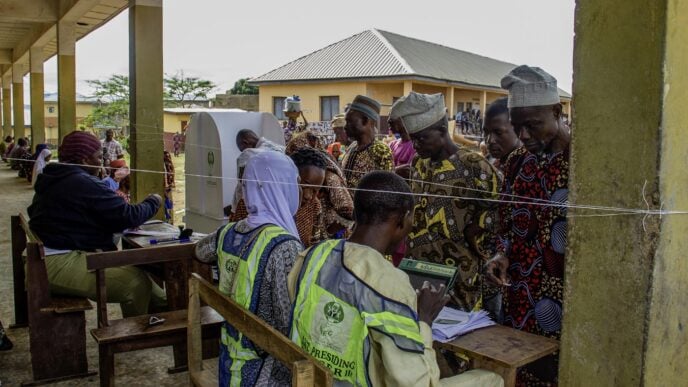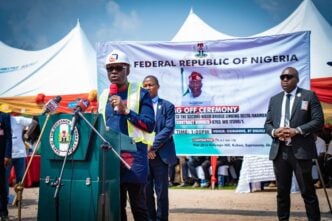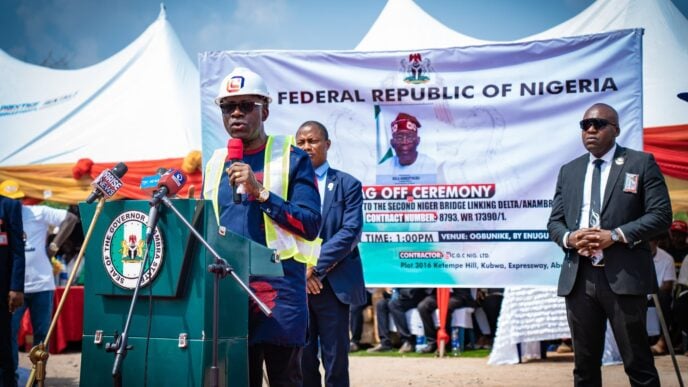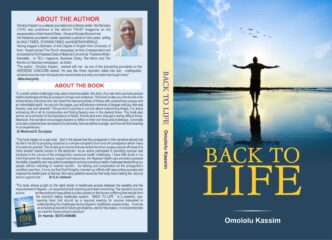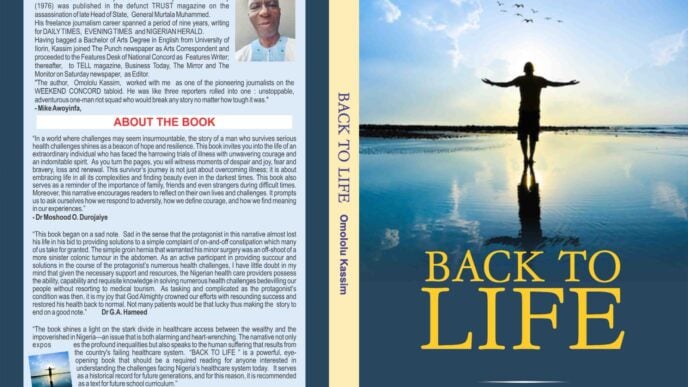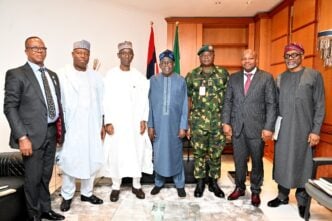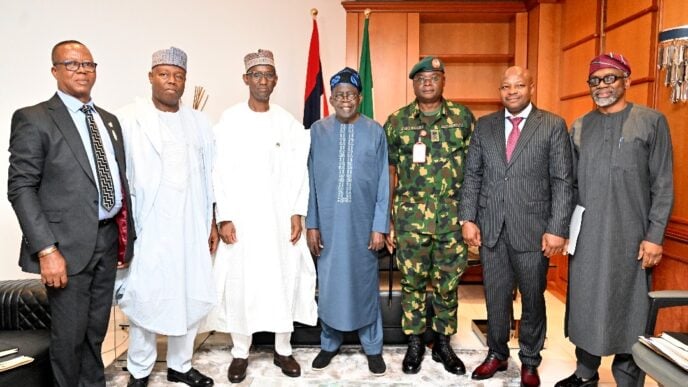Governor Sheriff Oborevwori of Delta state recently left the PDP for the APC
I read my piece published two weeks ago titled, “Defections and Rumours of Defections”, again and realised that it was an unfinished work. My words that got me: “As for the deflated Peoples’ Democratic Party (PDP), it remains to be seen how what is left of its bravado can salvage anything to keep it afloat, relevant and competitive in what appears to be a looming contest between an all-conquering All Progressives Alliance (APC) and its cowered, disjointed opponents.”
Last week, a former Governor of Benue State, Senator Gabriel Suswam, was on Arise News and gave credence to what has become the fear of lovers of multi-party democracy. Without any pretentions, the PDP chieftain declared that he was only waiting for the outcomes of the efforts of the newly-inaugurated Senator Bukola Saraki-led committee of the party saddled with the duty of mending its badly-broken fences. If they fail, he confessed, he is left with two options: join the opposition coalition being contemplated or decamp to APC. Of these choices, the former looks increasingly less likely as its arrowheads – Waziri Atiku Abubakar, two-term former vice president, Mallam Nasir El-Rufai and Mr Peter Obi, two-term ex-governors – appear to be groping since their highly-publicised visit to former President Muhammadu Buhari few weeks ago. Luckily for him, his second alternative – escaping into the ruling party – is in vogue and has given bandwagon effect a new meaning in our ever-evolving, if not self-destructive, political space.
The ongoing enlargement of APC has brought on us all the pressure to divert our focus from the issues that impact directly on life and living, matters that stare into our eyes and intimidate us daily without any readiness to blink first soon. Things like what the country’s response should be to the crumbling oil prices, how to push back the resurgent terrorism, what exactly to do in the face of the purchasing power of citizens that has refused to look up, and other persistent survival challenges. Quite unprecedentedly, less than two years into the present administration, politics has effectively elbowed governance to the back seat, against all expectations and common sense. And the preeminent stories centre on the thinning out of dissent to the pleasure of the chest-beating men and women in power.
Some statements made in recent times by the APC Chairman, Dr Abdullahi Ganduje, provide windows into the minds of his colleagues and the dilemma that Nigerians may have to contend or live with in the foreseeable future. One, that his party’s victory in the 2027 general election is already a done deal. Two, that there’s nothing wrong if Nigeria runs a one-party system, putting her in the league of countries like China that have achieved greatness through it. And, three, that PDP will become history as early as the end of 2025.
Advertisement
Those prophecies and wishes shouldn’t ordinarily cause anyone insomnia. Afterall, many chairmen of parties that produce governments in power here are known for pompous and extravagant utterances. Arguably the most spectacular example in this regard is the late ex-Chairman of PDP, Chief Vincent Ogbulafor, who boasted in 2008 that his party would be in the nation’s driver’s seat for six decades. That was approximately midway into what would eventually be the party’s 16-year reign.
The explanation he later gave in 2016 for that truncated prediction should be of interest to watchers of Nigeria’s chequered political journey. As he put it, “some time ago, I used to read in the newspapers that the umbrella of the PDP is torn. Each time I read that, I would laugh and then say to myself that the umbrella is still strong and very intact and ready to accommodate more people. I don’t care if Nigeria becomes a one-party state. We can do it and the PDP can contain all…. When I was PDP chairman, there was peace, and I brought in four non-PDP states: Abia, Imo, Sokoto and Bauchi. Twenty-eight states were under me; 28 PDP governors and a good number of National Assembly members and that was why I said PDP would be in office for 60 years.”
He went on to also reveal that he warned President Goodluck Jonathan about the consequences of tinkering with the Nigeria Governors Forum (NGF) which was very powerful at the time, a counsel that was ignored. The repercussions were grave. Ogbulafor’s endnote: “Some solid governors left the party – people like Rotimi Amaechi, Bukola Saraki and Aliyu Wamakko. Those are the areas where you get a good number of voters. When they left, the party collapsed.” If he thought PDP had fallen nine years ago when the trauma of losing the political top spot was fresh, what would he say now that its own guardians and beneficiaries are gladly desecrating its once revered structures and clout?
Advertisement
Either history repeats itself or men simply refuse to learn from it. I can’t think of a more fitting truism here. It seems the spirit that possessed Ogbulafor 17 years back has now entered Ganduje. The former Kano State governor may have aligned himself with that force which refuses to acknowledge the primacy of any platform as a privilege to serve creditably but, instead, indulges in self-importance, vainglory and a feeling of indomitability or even immortality. One major difference between the two men, however, is that times have changed and the current atmosphere is relatively more fouled than the previous one. Not surprisingly, though.
The steady deterioration of many aspects of national life continues unchecked. Short-lived as it was, the Second Republic paraded principled leaders of parties like Alhaji Shehu Shagari, Dr Nnamdi Azikiwe, Chief Obafemi Awolowo, Mallam Aminu Kano, Alhaji Waziri Ibrahim and Dr Tunji Braithwaite. If anyone tells younger Nigerians that during the period, Alhaji Abubakar Rimi, governor of Kano, had cause to leave his Peoples’ Redemption Party (PRP) for the Nigerian Peoples’ Party (NPP) led by Azikiwe, and willingly left his “lucrative” position, would they believe? Even with all their frailties, those politicians demonstrated some decorum and a far more elevated sense of responsibility and fidelity, if not to the constitution and the people, towards their own conscience. All in this same Nigeria!
It is this Fourth Republic and the longest in Nigeria’s odyssey that’s degenerating at a dizzying pace in terms of integrity. At any rate, what is now clearly a near all-powerful APC shouldn’t gladden the hearts of its operatives and entire membership, especially the primely positioned ones among them. The erasure of ideological lines between political parties will continue to mock any pretence to true democratic credentials. Whatever it was that motivated past political functionaries had over the years shifted its base from the head and heart to the stomach. That condition doesn’t make today’s political class look smarter, unfortunately. Rather, it strips it naked publicly. And gives it away as an assembly of greedy individuals, blinded to basic noble truths about selfless service to humanity, pure pursuit of general happiness and the endless value of legacies.
As everybody tends to gravitate towards the centre, President Bola Tinubu in particular shouldn’t rejoice just yet. And he doesn’t even need to coerce his rivals for them to join his team, as some allegations go. Majority of our politicians would choose self-interest, safety, convenience and anticipated electoral fortunes over principled stand any day. In the midst of all this, the Nigerian people are apparently helpless. May the increasing prospects of having one tall, dominating party in the country not torpedo our hard-won democracy. It’s not too late to learn that no amount of strategies or strongarm will be able to contain the backlashes that would come from any political architecture that stifles diversity and freedom and enthrones unbridled authoritarianism.
Advertisement
Ekpe, PhD, is a member of THISDAY editorial board.
Views expressed by contributors are strictly personal and not of TheCable.
